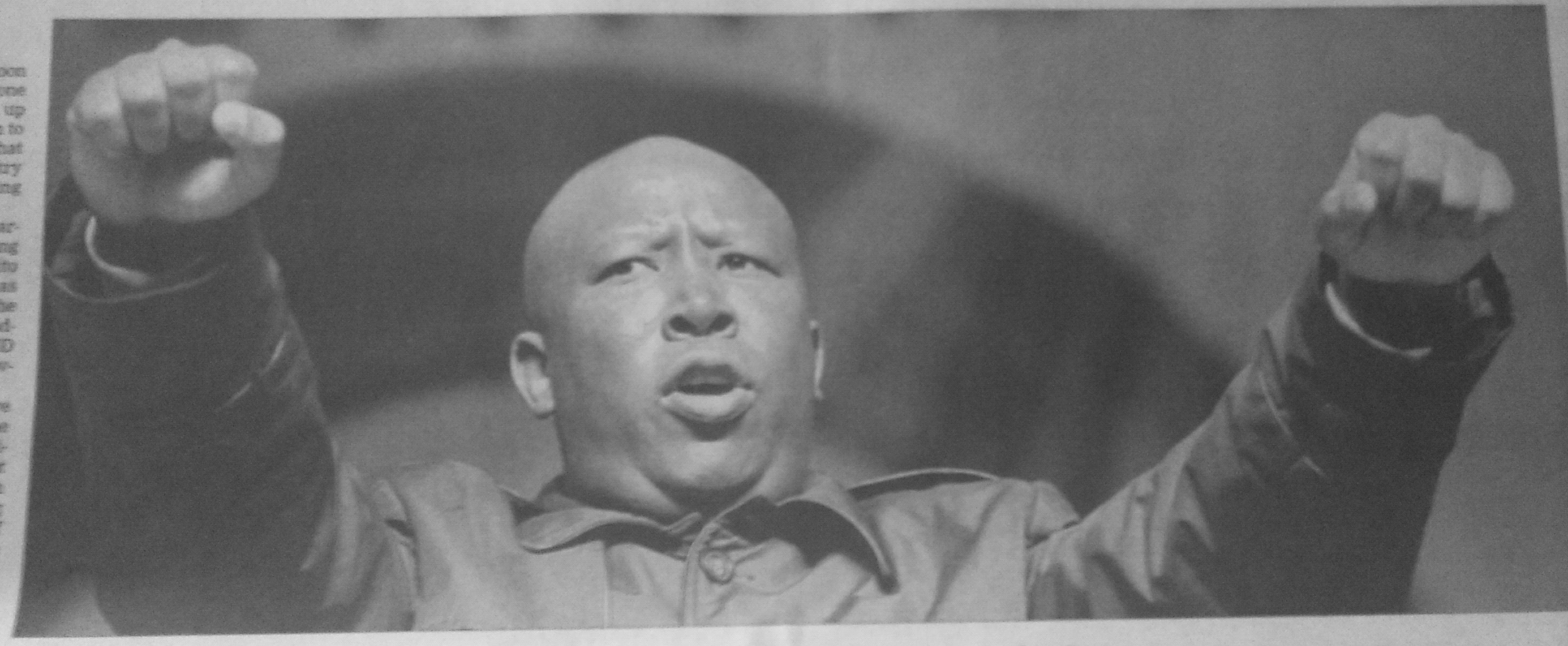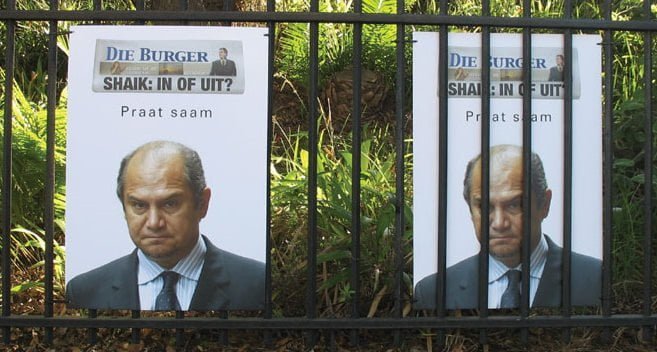Eina!
After Angela Merkel’s short-sighted and silly plan of closing down Germany’s atomic power stations in a desperate attempt to prevent any more nuclear electoral disasters, it quickly appeared that Germany would run short of electricity. No matter, said Merkel – we’ll import our power from France while we decide what to do.
That’s France, which has 58 nuclear power stations and which produces almost 80% of its electricity using nuclear power.
Right.
Well, it seems that Merkel has flip-flopped her way to another momentous decision: her Government is going to encourage the construction of new coal and gas power plants using millions of Euros from a fund for… er… promoting clean energy and combating climate change.
Remember what risk perception expert David Ropeik told us about this?
We can fear too much (vaccines), or too little (particulate pollution from coal-burning power plants), despite the available evidence, and our perceptions can create risks all by themselves. Excessive fear of vaccines is allowing diseases that had almost been eradicated to spread once more. Conversely, inadequate concern about coal-burning power stations has meant coal has been favoured over “scarier” nuclear power, risking sickness and death for thousands of people from particulate air pollution. Fukushima is now playing a powerful part in this retreat from nuclear power.
Clear evidence, if any were needed, that for Merkel it was never really not about the issue of safe or green electricity production, it was only ever about the issue of trying to be popular with the electorate.
I think she’s messed that bit up now too.


